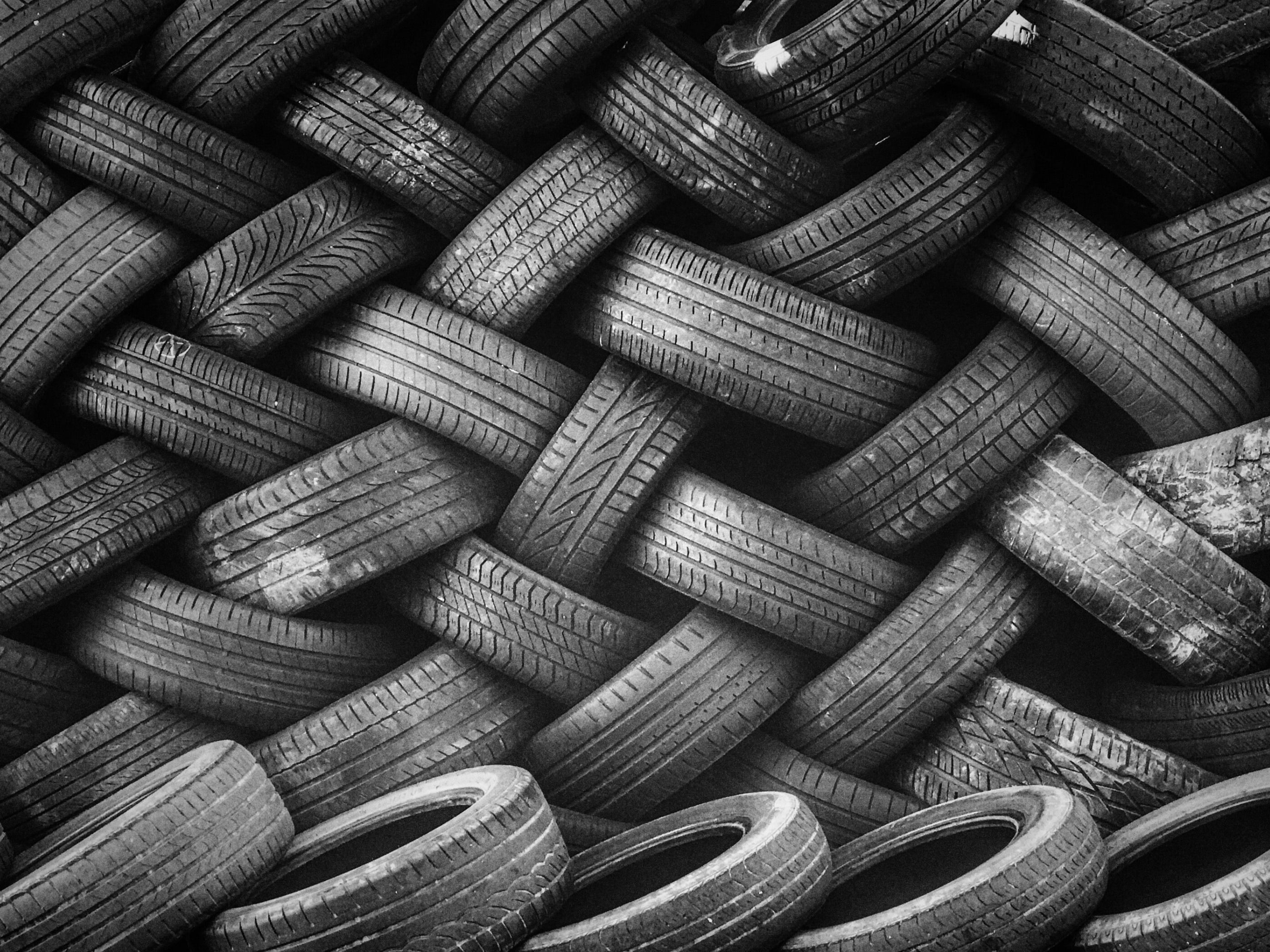Approved by curator

Added: Nov 29, 2022
Last edited: Apr 14, 2023
With the aim of converting end-of-life tyres to fuel that can be used in cement production, the Oman Environment Holding Company (be'ah) has signed an agreement with Oman Cement to supply fuels derived from end-of-life tyres.
With an average of 3 tons of concrete used per person every year, cement is, after water, the most-consumed material on earth. But cement manufacturing is an energy-intensive process that is responsible for as much as 5% of the world’s carbon emissions. Recently, a new push to find alternatives to fossil fuels in the cement industry has been witnessed. The partnership between be'ah and Oman Cement is one of them.
The agreement was signed in February 2020 in the presence of a number of employees and concerned officials of both sides. This project of using waste as alternative fuel is considered the first-of-its-kind in the Sultanate.
This agreement seeks to adopt practices that ensure waste management in a sustainable manner, and safe disposal of waste materials by using them in energy production, or extracting raw materials for added value.
This agreement is the result of a two-year cooperation to take advantage of waste as an alternative fuel for natural gas that is currently used in the cement manufacturing furnaces. A study proved that the end-of-life tyres are the best and the most suited waste stream for this purpose, and the easiest in terms of handling.
The study also concluded that the factory systems are ready to deal with gas emissions resulting from tyre burning operations with a safe, sound and without any damage to the surrounding environment.
The two parties wish to work together to develop an implementation mechanism to diversify the energy sources through the use of alternative fuels derived from expired tyres.
This agreement is expected to help achieve the strategic goals of diversifying energy sources and using other sources to convert fuel that will be used for cement production. Besides, the agreement will contribute to the national economy and provide business opportunities for small and medium enterprises through the production and transportation of fuel from engineered landfills to the cement factory; where approximately 30,000 tonnes per year of expired tyres will be processed.
Photo by Imthaz Ahamed on Unsplash

Ecological Impact
Social Impact
Economic Impact
Well-being
Innovation
Reduce Emissions (SDG13)
Minimise Waste (SDG12)
Reduce Energy Consumption
Materials and Fuels
Construction and Infrastructure
Construction Materials and Products
Chemical and Plastic
Reuse
car tyres
fuel
alternative use
